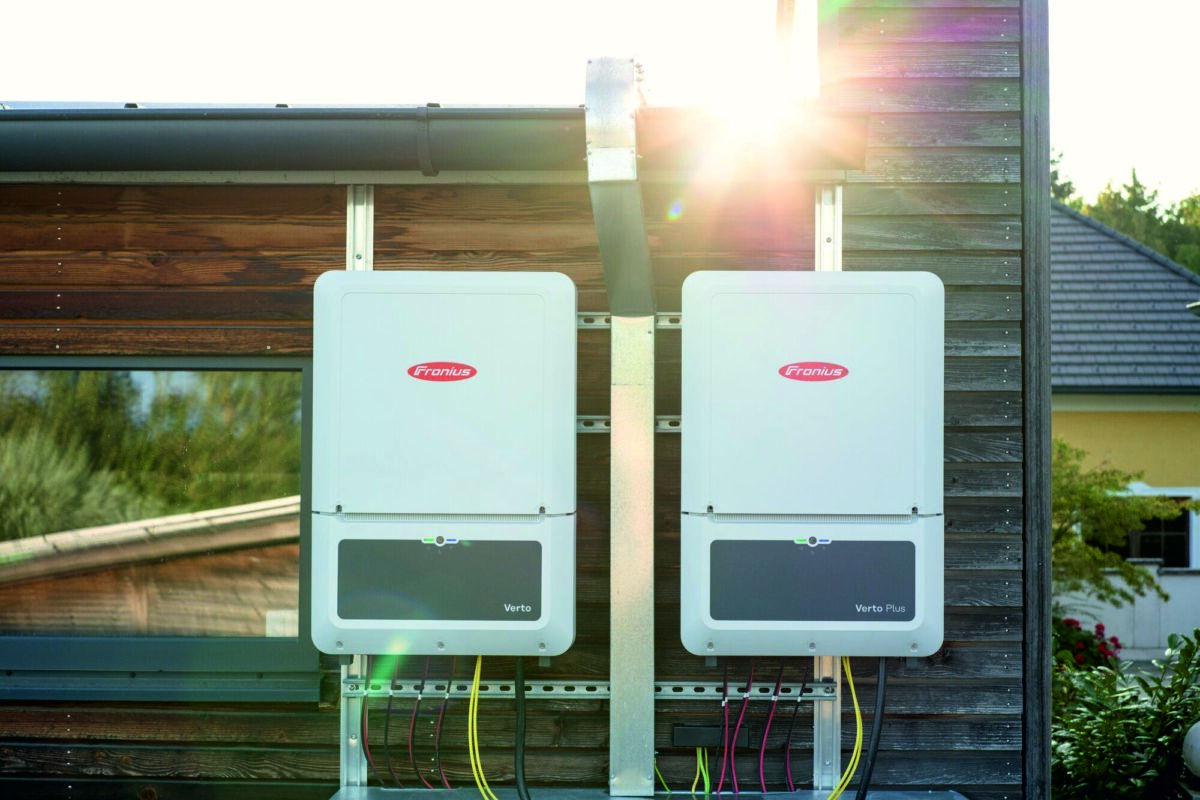Working in the renewable energy sector is more than just a job—it’s being part of a powerful movement that is transforming the world. As a woman who entered this field driven by passion and purpose, I’ve seen first-hand how gender diversity and inclusion are not only crucial for fairness, but vital for innovation, resilience, and long-term success.
Renewables—solar, wind, storage, hydrogen, and more—are still relatively new industries, undergoing rapid growth and transformation. This freshness makes them fertile ground for young professionals and women alike. Many of us, myself included, have chosen to dedicate our professional lives to driving the energy transition forward. It’s not a coincidence. The newness of these industries makes them more open to different backgrounds, more willing to challenge traditional norms, and more capable of rewriting what leadership looks like.
Innovation thrives where diverse perspectives are welcomed. Each of us brings our own journey—shaped by different life experiences, educations, and challenges. These perspectives can challenge old assumptions and generate more creative and inclusive solutions. We need to empower younger professionals in decision-making processes. We bring fresh ideas from our academic backgrounds and early career experiences. We don’t have all the answers, but with more trust, we could offer transformative insights.
My path into renewables wasn’t straightforward. I didn’t study energy or climate change exclusively, but I always knew I’d end up here. That certainty was rooted in a deep passion, which, paired with determination, created opportunities I couldn’t ignore. After stints at the OECD and in the insurance sector, I heard a “call” from my home country and one of its leading renewable energy companies. It was time. No matter the role, I knew I was finally contributing to the energy transition in a real, tangible way.
While I’ve had many positive experiences, challenges remain. As a woman, I still notice how we are often referred to more as “human beings” than as professionals. While that may sound positive, it can subtly reinforce the stereotype that we are emotional or overly sensitive—traits rarely attributed to our male peers in the same way. These unconscious biases are something we must continue to address. I believe future managers—myself included—have a responsibility to foster equal treatment and challenge outdated assumptions.
I didn’t grow up in an energy-focused family, but the examples set by my parents—through their dedication and life choices—have always been a guiding light. Along the way, I’ve been lucky to meet two professional mentors: a school professor and an HR manager. Their belief in me and their guidance were instrumental. I still remember my professor's words: “Choose who you want to be, not just what you want to do.” That advice has stayed with me.
I must admit that I am lucky enough to work for a team where we all believe in a very horizontal organization, coming from my boss first. It is the competence that drives, not the role you cover, according to our internal organization. This culture gave me the opportunity to run for a leadership role—as Vice-Chair of the Advocacy Committee of the EU’s solar trade association. That opportunity would not have been possible without the trust and support of my managers.
Working in gender-diverse teams has been transformative. The first thing you think when your boss is a woman is: “What if that was ‘me' in just a few years' time?”. Seeing a woman lead with purpose—and share how she balances work and home equally with her partner—makes leadership feel within reach. Equally powerful is when male managers show no bias, trusting you based on merit, not gender. These moments quietly redefine what inclusive leadership looks like.
To young women considering a career in renewables: don’t let underrepresentation scare you. The sight of a few women in hard hats is not a warning sign—it’s a call to lead. I once underestimated the contribution I could make, thinking I didn’t belong. That was a mistake. Never let yourself be your own obstacle. There’s a place for you in this transition, because you are the future of it.
Based in Brussels, Rachele is a European Policy Officer at Enel Group – a leader in renewable energy and electricity distribution. Before that, she was working in the HQ for international affairs at the office of the CEO. Responsible for the renewables associations where her company is active, she has been elected Vice-Chair of Europe's largest trade association for solar. When she is not in the office, she is usually running or cooking some Italian plates, while listening to opera music.
Interested in joining Rachele De Angelis and other women industry leaders and experts at Women in Solar Europe? Find out more: www.wiseu.network
The views and opinions expressed in this article are the author’s own, and do not necessarily reflect those held by pv magazine.
This content is protected by copyright and may not be reused. If you want to cooperate with us and would like to reuse some of our content, please contact: editors@pv-magazine.com.



By submitting this form you agree to pv magazine using your data for the purposes of publishing your comment.
Your personal data will only be disclosed or otherwise transmitted to third parties for the purposes of spam filtering or if this is necessary for technical maintenance of the website. Any other transfer to third parties will not take place unless this is justified on the basis of applicable data protection regulations or if pv magazine is legally obliged to do so.
You may revoke this consent at any time with effect for the future, in which case your personal data will be deleted immediately. Otherwise, your data will be deleted if pv magazine has processed your request or the purpose of data storage is fulfilled.
Further information on data privacy can be found in our Data Protection Policy.